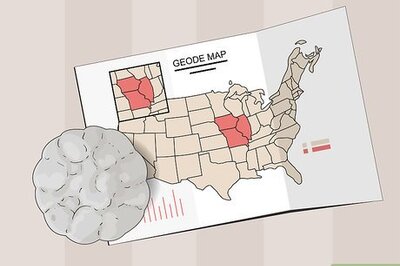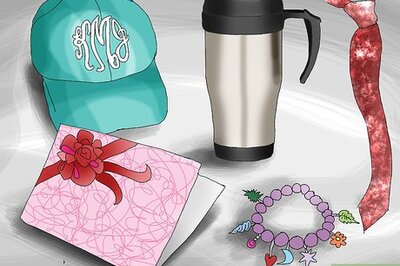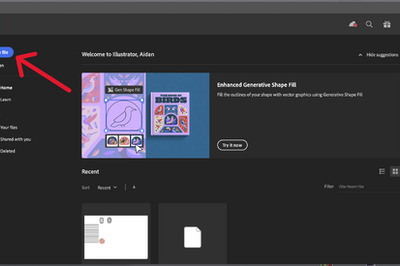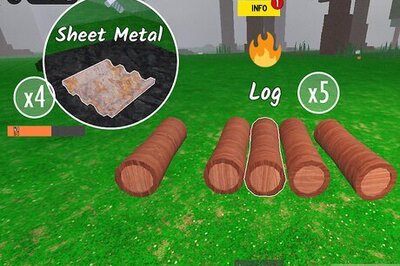
views
Can you survive at a height of more than 5,000 metres, where life freezes at minus 40 to minus 70 degree Celsius?
While the very thought of being in such a frozen hell sends shivers down the spine of a common man, the Gurkhas of the Indian Army are not only braving the bone-chilling peaks of Siachen themselves, but also protecting the country at the same time.
Giving a glimpse into the tough and harsh conditions in which they operate, a viral video shows the soldiers coming up with quirky solutions for everyday tasks complicated by the freezing temperatures.
In the video, three Gurkha soldiers posted in Siachen first proceed to open a tetra pack of juice, a simple enough task on paper. But the liquid doesn’t pour out as one would expect. Instead, it tumbles out as a solid mass, frozen to the core. A soldier explains that they would first have to heat up the juice to be able to drink it!
Next on the menu are eggs. But no mere spoon or ladle or tap on the bowl can break these eggs. Even smashing them to the floor doesn’t work. The solution – a hammer.
Drowning their troubles in laughter, the soldiers try to cut some vegetables next. The hammer is a useful tool here as well since the tomatoes simply refuse to make way for the sharp edge of a knife.
"All this makes it very difficult for us to live in these conditions," says one of the soldiers. "Here, our life has become hell," he adds, still sporting a smile on his face.
Siachen is a glacier in the eastern Karakoram range in the Himalayas where the Line of Control (LoC) between India and Pakistan ends. The army has deployed a brigade in the area where some posts are located at an altitude of 6,400 metres.
The army has been controlling the Siachen glacier since April 13, 1984 when Operation Meghdoot — the code name for a military action — was launched to capture the peaks by defeating the Pakistan Army.
The Siachen base camp starts at around 12,000 feet and the highest ones range up to 23,000 feet.
Siachen Glacier is the world's highest battlefield and witnesses up to minus 70 degrees in winter.



















Comments
0 comment